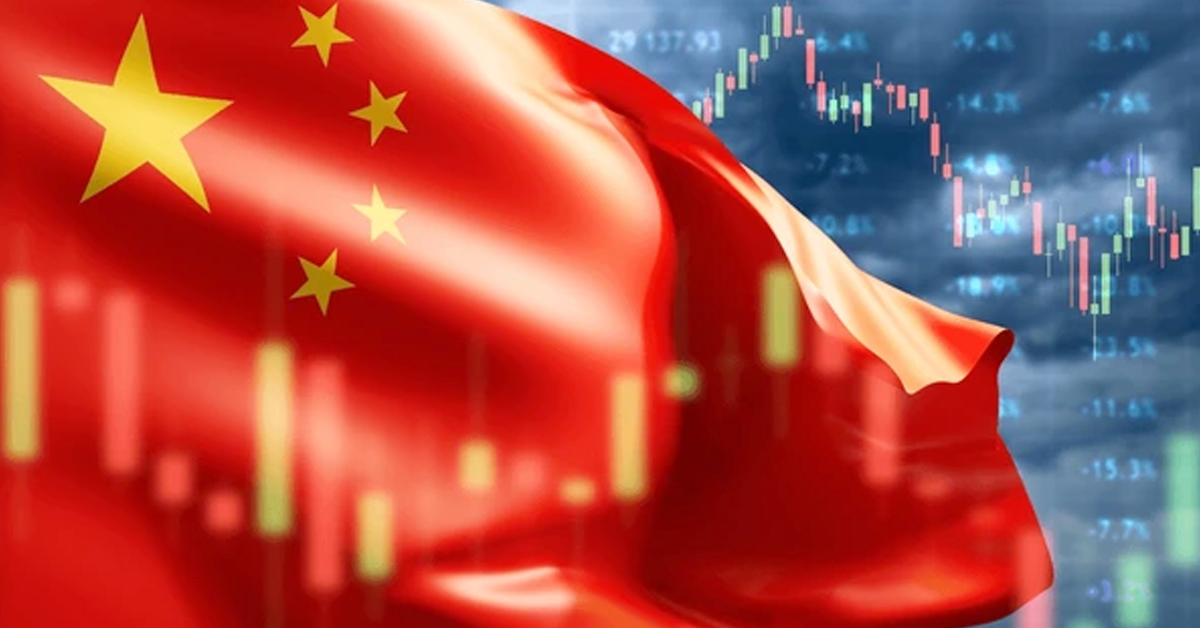Economists Boost China Growth Forecasts Amid Improved Exports
The outlook for China’s exports is expected to improve, supporting growth in the world’s second-largest economy even as consumer spending slows, according to a Bloomberg survey of economists.
Exports are forecasted to rise by 4.3% this year, up from a 2.8% gain predicted in May, based on the median forecast of 22 economists surveyed between June 17-24. China’s economy is projected to expand by 5%, an increase from the 4.9% forecasted in May, according to the median of 68 estimates.
China’s exports exceeded expectations in April and May, driven by strong overseas demand and the competitiveness of Chinese producers. This aligns with Beijing’s strategy of relying on exports to fuel growth and offset weak domestic spending. However, risks are increasing as Chinese companies face more trade barriers from the US and Europe.
These survey results contrast with a recent report from Goldman Sachs, which noted skepticism among its clients in China about the sustainability of export growth in the coming quarters. Investors are concerned about the sustainability of supply-side expansion amid weak domestic demand and rising trade frictions.
Economists have reduced their expectations for retail sales growth and consumer and factory-gate price inflation this year, reflecting pessimism over demand as the housing market continues to contract. Recent macroeconomic data indicate that the property sector remains a significant drag on the economy. Growth is still supported by stronger export momentum, but external risks are rising as China’s overcapacity leads to trade disputes, particularly with the US and Europe.
Deflationary pressures are likely to persist in China this year, with economists becoming more pessimistic about prospects. They expect the consumer price index to rise by only 0.6% this year, while the producer price index is forecasted to drop by 1%, both weakening from the estimates in May. This reflects consumers’ reluctance to spend amid concerns about job security, income prospects, and falling property values.
Economists have postponed their expectations for a cut to the reserve requirement ratio to the third quarter from the second quarter. The People’s Bank of China (PBOC) has held off on easing in recent months to protect the yuan and due to ample market liquidity. They also project slower money supply growth this year compared to May, as the central bank focuses on the efficiency of funds rather than pure expansion.
Projections for policy interest rates and the loan prime rate cuts remain set for the third quarter.












